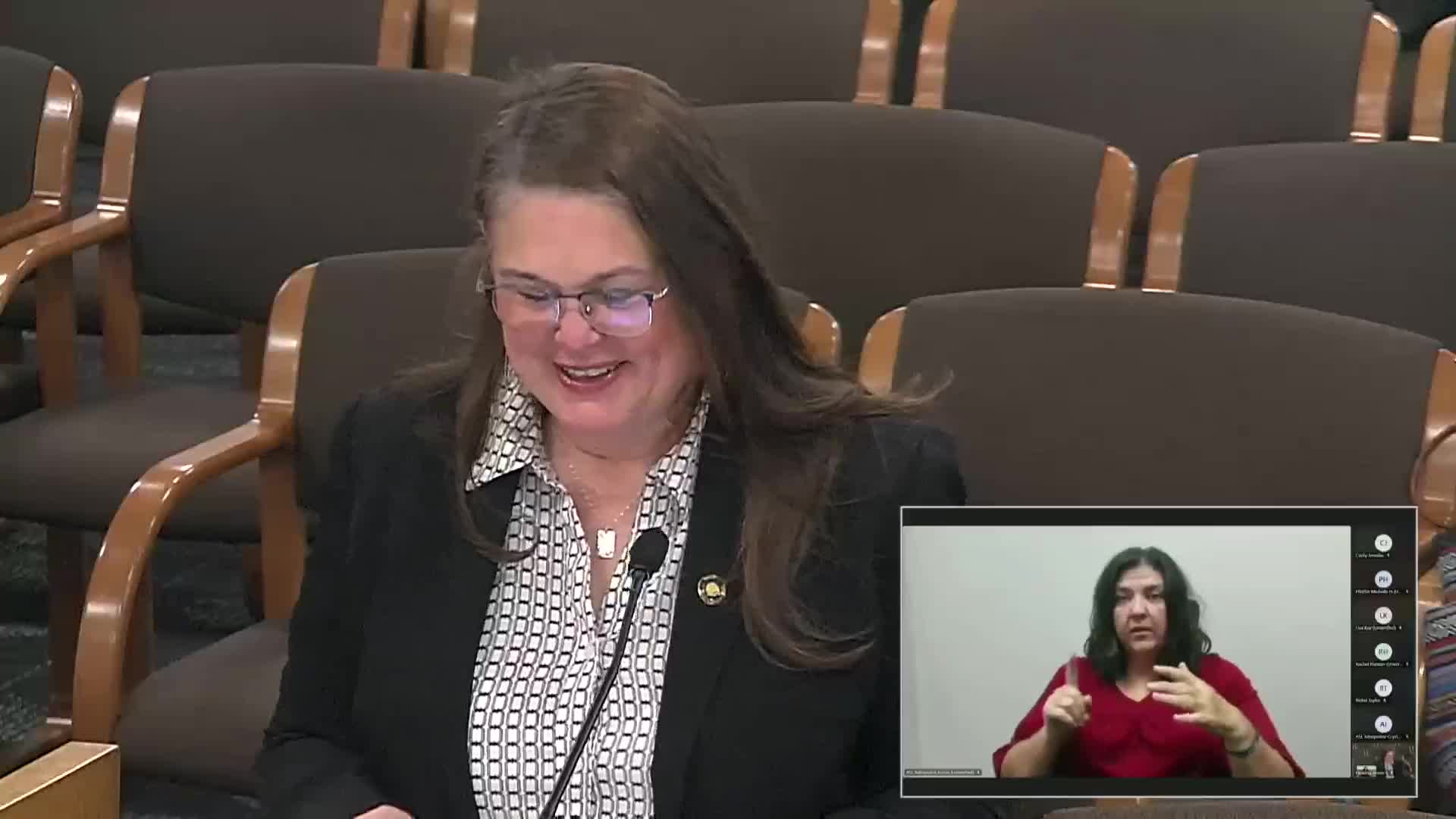Bill would require DHS to give parents clearer notice of rights during child protective services investigations
Get AI-powered insights, summaries, and transcripts
Subscribe
Summary
Senate Bill 736A would require the Department of Human Services to provide clearer, standardized rights information to parents and guardians during some child protective services (CPS) investigations; supporters called it a transparency and trust measure, while some members raised concerns about centering parental rights versus child safety.
Senate Bill 736A would require that parents and guardians receive clear, standardized information about their rights when Oregon Department of Human Services (DHS) child protective services staff conduct certain investigations involving the parents as alleged perpetrators. Sponsors, advocates and practitioners told the House committee on May 1 that clearer notice would reduce confusion, avoid coerced or uninformed consent, and build trust that supports child safety.
Senator Sarah Gelser Blouin, chief sponsor, described the measure as focused on investigations “when 1 of the parents is the alleged abuser” and said the bill’s required notice draws on language used in other states. She told the committee the measure “does not eliminate the ability for the department to take rapid action where there is a known and immediate safety threat” and that statutory tools such as the authority to take custody for a Carly’s Law exam would remain in place.
Committee members asked how the bill would affect emergency entries and removal processes. Gelser Blouin said the bill does not create new rights for parents; it summarizes existing constitutional and statutory protections so that parents understand options before a first face‑to‑face interview. Representative Walters and others expressed concern that the bill could empower parents to refuse investigator entry in cases of suspected harm; the sponsor responded that the measure simply makes current law explicit and does not impede warrants or exigent‑circumstance entries.
Several invited witnesses supported the bill. Dr. Jack Hochschuk, a retired psychologist and administrator, said giving clear rights information fosters trust and improves acceptance of investigatory findings. Lisa Kaye Williams, a juvenile public defender with 28 years’ experience, told the committee the bill does not create new obligations but provides guidance because DHS’s existing notice practice “falls short of meeting the legislative mandate.” The sponsor also pointed committee members to written testimony from Youth Rights and Justice and child‑welfare data submitted to the Senate record.
Committee members discussed data cited in testimony: the sponsor highlighted a child‑welfare data point indicating DHS completed 38,397 CPS assessments in 2023; of those, testimony cited 7,196 assessments designated founded and 1,995 children removed to foster care. The sponsor said the reported counts underscored why parents need clear information about rights before an investigator’s first face‑to‑face contact. The committee took testimony, asked questions and closed the public hearing; no committee vote on the bill is recorded in the transcript.
